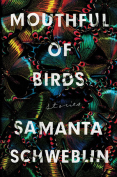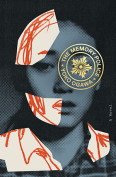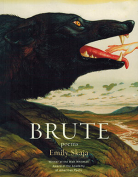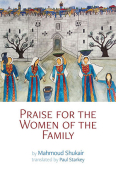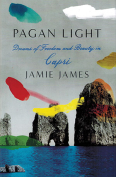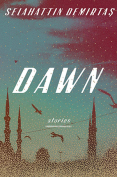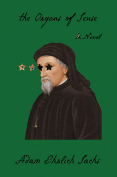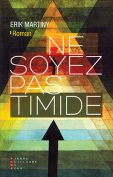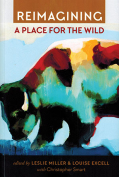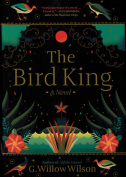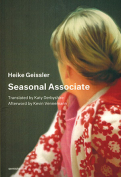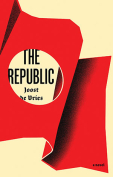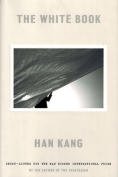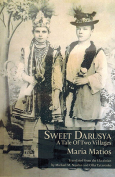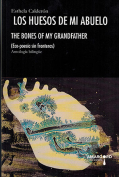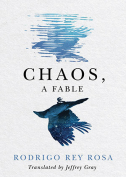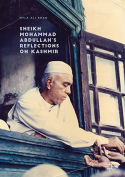The Bird King by G. Willow Wilson
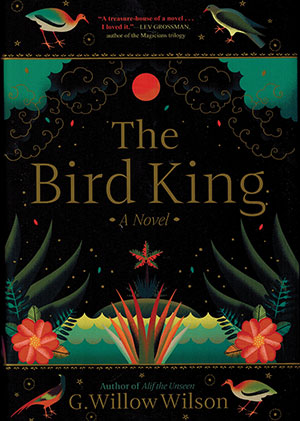 New York. Grove Press. 2019. 440 pages.
New York. Grove Press. 2019. 440 pages.
Before 2014, American author G. Willow Wilson was a nominally successful author, having written a handful of comics—including the graphic novel Cairo and creator-owned series Air for Vertigo—and challenged American audiences with her memoir of conversion to Islam and her move to Egypt. Her 2012 fantasy-cyberpunk novel Alif the Unseen, also published by Grove, won her a World Fantasy Award and several smaller literary association awards, but it was her debut as the writer of a Ms. Marvel solo series in 2014 at Marvel Comics featuring a Muslim Pakistani American teenage superhero that won her lasting fame among readers of comics, science fiction, and fantasy. When Wilson’s run on Ms. Marvel ended in February 2019, fans wondered what her next step would be. While Wilson is busy at work on DC Comics’s Wonder Woman, she has also returned to the world of prose fantasy with The Bird King, which impresses beyond her previous literary accomplishments and rivals the consistent inventiveness and aesthetic complexity of her comics.
Wilson’s The Bird King blends fantasy, historical romance, magical realism, adventure, and the court tale in a story about the favored concubine of the last sultan of Granada, a mapmaker with world-shaping artistic abilities, and a werewolf/vampire jinn in the final days of Moorish Spain and the rise of Catholic power in Iberia. Together the three flee the Alhambra, stronghold of Islam in fifteenth-century Spain, after a coalition of Spanish knights and one particularly terrifying female inquisitor, Luz, bring terms for the sultan’s surrender—including the handover of mapmaker Hassan to the Inquisition. Learning the threat to her childhood friend, the sultan’s most favored concubine, Fatima, escapes with Hassan and the jinn with the blessing of the sultan’s mother, Lady Aisha.
Two thirds of The Bird King concerns the unlikely trio’s flight from the Inquisition. On the way, they take refuge in their search for the fabled land of the titular Bird King, whose story, penned centuries before by the Persian poet Attar as The Conference of the Birds and known to Fatima only through an incomplete copy in Lady Aisha’s modest library, becomes both a symbol of the decline of Moorish Spain and of the possibilities that thrive in the shadows of empire. Through Fatima and Hassan’s complementary world-making strategies—one narrative and mythical, the other cartographical—Wilson reveals the limits of orthodoxy and the violence of calcified belief, opening up spaces for an exciting critique of war, power, religion, and history.
The Bird King is an important, magical story of a world in which Islam and Christianity contend for global dominance and offers a vibrant reconsideration of the individual’s place in the global circulations of power in the post-9/11 world.
Sean Guynes
Michigan State University










